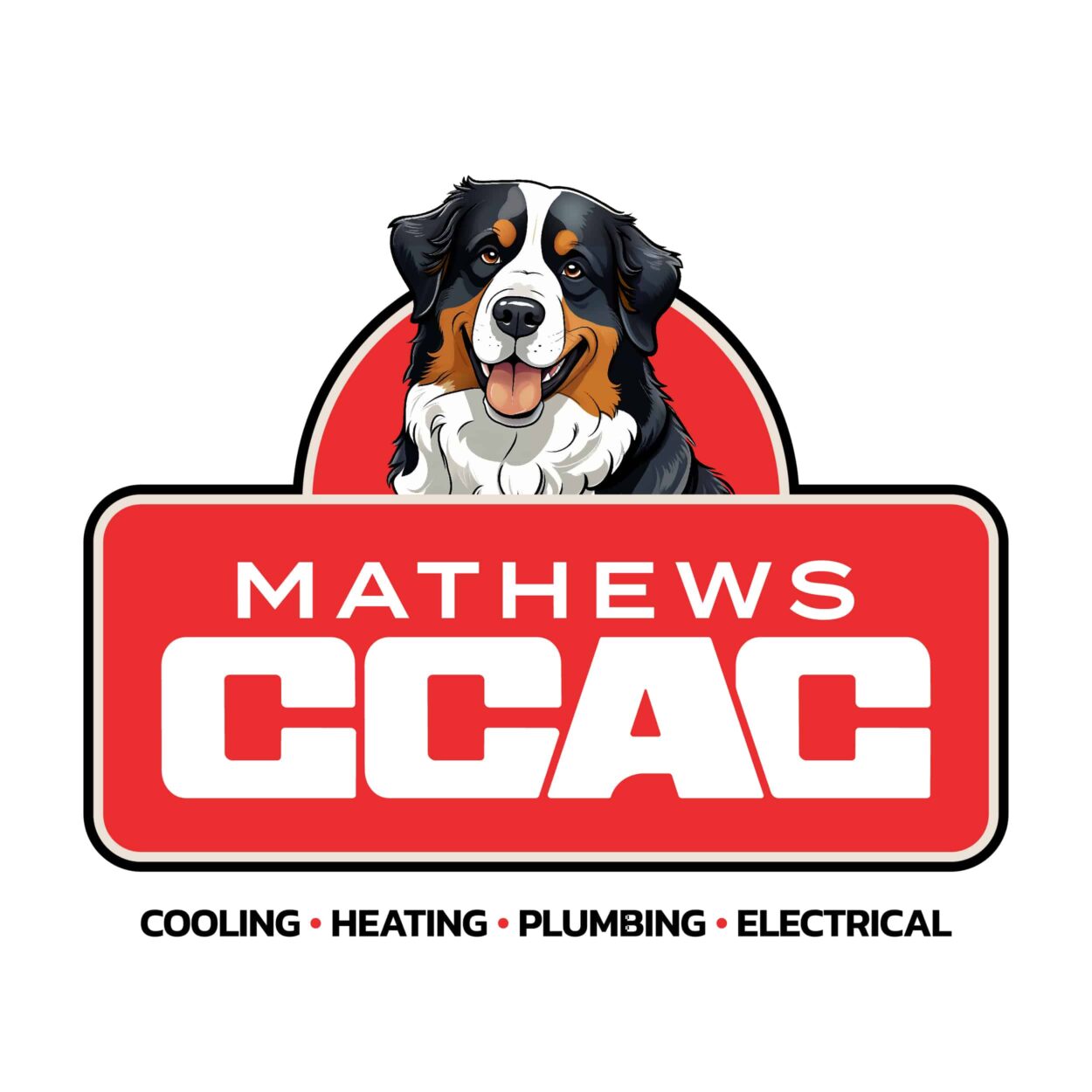 Asking a few HVAC questions should always be part of shopping for a new home. In most houses, the heating and cooling units will be among the most expensive components installed in the structure. The overall condition and status of HVAC units directly impact operating costs, home comfort, and a healthy indoor environment. Therefore, the time to discover any issues with these important systems is before you make a buying decision on a house. Here are some relevant HVAC questions to put on your list:
Asking a few HVAC questions should always be part of shopping for a new home. In most houses, the heating and cooling units will be among the most expensive components installed in the structure. The overall condition and status of HVAC units directly impact operating costs, home comfort, and a healthy indoor environment. Therefore, the time to discover any issues with these important systems is before you make a buying decision on a house. Here are some relevant HVAC questions to put on your list:
- What are the ages of the units? The average life span of HVAC components varies somewhat according to usage and maintenance. However, certain estimates are generally accepted and can be helpful in predicting how soon the expense of replacement will occur. Central air conditioners average about 12 to 15 years before requiring replacement, while gas-fired furnaces will usually last up to 20 years.
- How much are your average monthly utility bills? Since HVAC is a major contributor to utility costs, it’s a good idea to know how the electricity and gas bills compare to other homes of similar size. If they seem notably higher, energy efficiency or other related issues with the heating and cooling units may be the reason.
- What recent repairs have been necessary? Knowing what, if anything, has required repair or replacement can tell you a lot about the wear and tear an HVAC system has accumulated. It also helps predict the reliability of the units in the near future.
- Has the system received annual preventative maintenance by a qualified HVAC contractor? Operating costs, reliability, and optimum heating/cooling performance rely on regular annual maintenance. It’s also critical to get maximum service life out of the individual units before replacement is required, as well as to minimize downtime due to breakdowns or repairs. If you buy the house and wish to transfer the HVAC warranties, most manufacturers require a written record of annual maintenance.
Ask the pros at CCAC for more ideas about important HVAC questions you need to ask when home shopping.












